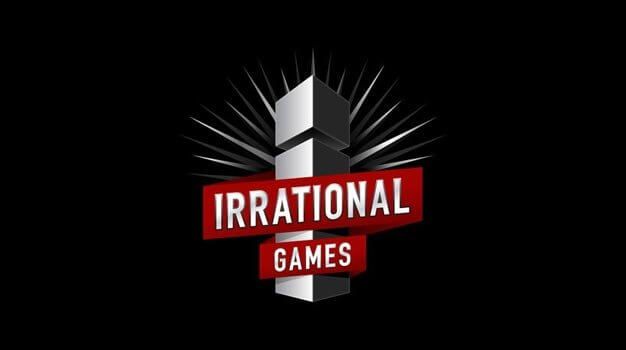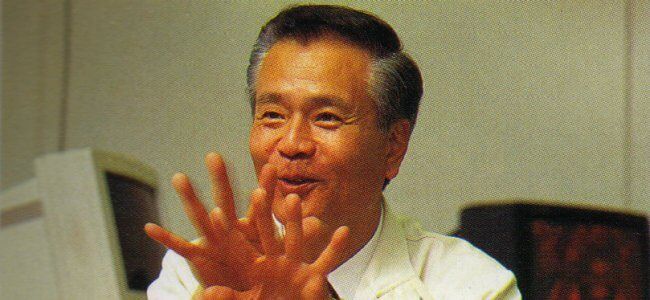A few months ago, Electronic Arts made the decision to shutdown Maxis Emeryville, one of the most iconic studios in all of gaming. Maxis was responsible for classic titles such as SimCity and the mega hit The Sims, two franchises that achieved immeasurable success over the years.
Unfortunately, the last two games by Maxis were very poorly received. The Sims 4 was lambasted for axing numerous features that had become standard for the franchise, and the 2013 release of SimCity was crippled by its forced and poorly implemented online infrastructure. This likely contributed to EA's decision to shut the once beloved studio down for good, but regardless of their recent transgressions, many fans were devastated at the announcement of the closure of Maxis.
It's always sad to see an iconic studio like Maxis depart from the industry, but the following 5 developers broke our hearts first.
5. Westwood Studios (1985 - 2003)
EA has a tendency of closing down once prominent studios, actually. In 1998, the studio acquired one of the leading developers in the real-time strategy market, the creators of the Command & Conquer franchise, Westwood Studios.
At the time, Westwood controlled a sizable chunk of the PC gaming market, making them a force to reckon with. EA saw the potential in turning the studio into a cash cow, hence the acquisition. A large number of employees immediately quit after the buyout, and it's no wonder, considering how EA treated the studio once they owned it.
While EA in recent years is not quite as evil, there's a reason that EA has been named the "Worst Company in America" multiple times, and one just has to go back to the EA era of Westwood Studios to see why. After buying out the critically and financially successful Westwood, EA imposed strict deadlines on all their projects, resulting in numerous rushed games that tarnished Westwood's reputation. EA decided to bring Westwood to a permanent end in 2003, but they maintain control of the once mighty Command & Conquer series to this day.
4. Clover Studio (2004 - 2007)
Capcom employees compiled a dream team of talent in 2004 with the creation of Clover Studio, consisting of the wildly talented Atsushi Inaba, Hideki Kamiya, and Shinji Mikami. Together, they created the critical darlings Viewtiful Joe and Okami, as well as the cult classic PS2 favorite God Hand. Unfortunately, the creative and unique games of Clover Studio did not translate into stellar sales, and so Capcom shut down it down in March of 2007.
The story of Clover's closure is not as bitter as the one of Westwood Studios, at least. Following the closure of the Clover, Inaba, Kamiya, and Mikami brought the bulk of the talent to their new company, Platinum Games, mostly known for their high octane action game Bayonetta. Despite the weak sales of Clover, Platinum Games is still going strong, with the upcoming Scalebound coming exclusively to Xbox One as well as a new, unannounced project that will be revealed at this year's E3 event.
3. Pandemic Studios (1998 - 2009)
Joining Maxis and Westwood Studios is Pandemic, yet another victim of EA. Originally founded with the financial backing of Activision, Pandemic eventually set out on its own, creating the extraordinarily popular Star Wars Battlefront, as well as great new IP such as Mercenaries and Destroy All Humans! before being bought out by EA in 2007.
Pandemic's final game was cult hit The Saboteur, but they also had a video game adaptation of The Dark Knight in the works as well as Mercenaries 3. Both projects were cancelled, as EA announced the closure of the studio just a couple of years after acquiring it, resulting the layoffs of hundreds of employees.
2. Irrational Games (1997 - 2014)
Sometimes the closure of a developer makes sense, despite how terrible it is, whether that's due to a studio not putting out as high quality of work as they used to or their games simply not selling anymore. A lot of the times, while gamers can become irate when their favorite developer closes down, they can still look at the situation from a logical perspective and say, "Yeah, I get it."
That's not the case with the aptly named Irrational Games. The studio, led by the legendary Ken Levine, had become extremely profitable for Take-Two, thanks to the popular BioShock and BioShock Infinite games. It wasn't long after the latter was released to massive sales and immense critical acclaim that Ken Levine announced that Irrational was closing down. The reasoning behind this is that Levine wants to work with a smaller team of developers in order to develop a new game created with the unique concept of "fluid relationships" in mind, and he's no longer interested in creating the big budget, AAA games that he used to.
BioShock will continue despite the closure of Irrational, and the former employees of the studio were welcomed with open arms elsewhere, but there are still fans asking, "Why, Ken, why?"
1. Gunpei Yokoi (1941 - 1997)
Gunpei Yokoi was not a studio, but he was a game developer, and is in fact one of the most important designers of all time. He not only created the Game Boy, but he also invented the d-pad, which has proven to be such a good idea that it even appears on the newest generation of game consoles.
Yokoi served as a mentor to Shigeru Miyamoto, and oversaw work on the original iterations of some of gaming's most recognizable franchises, such as Donkey Kong, Mario Bros., and Metroid. Yokoi's last two contributions to Nintendo were the ill-conceived Virtual Boy and the successful redesigned Game Boy, the Game Boy Pocket, before leaving the company to work on the WonderSwan for Bandai.
Yokoi tragically died on October 4th, 1997, after being hit by two cars. His legacy lives on, and his idea of "lateral thinking of withered technology" philosophy, which translates into devising creative ways to utilize older tech, remains a keystone to the way Nintendo handles hardware and software development to this day.
While the developers represented on this list resonated with us the most, they certainly aren't the only ones to leave us, whether that be due to studio closure or a tragic death. Which studios or individual developers do you miss the most?





